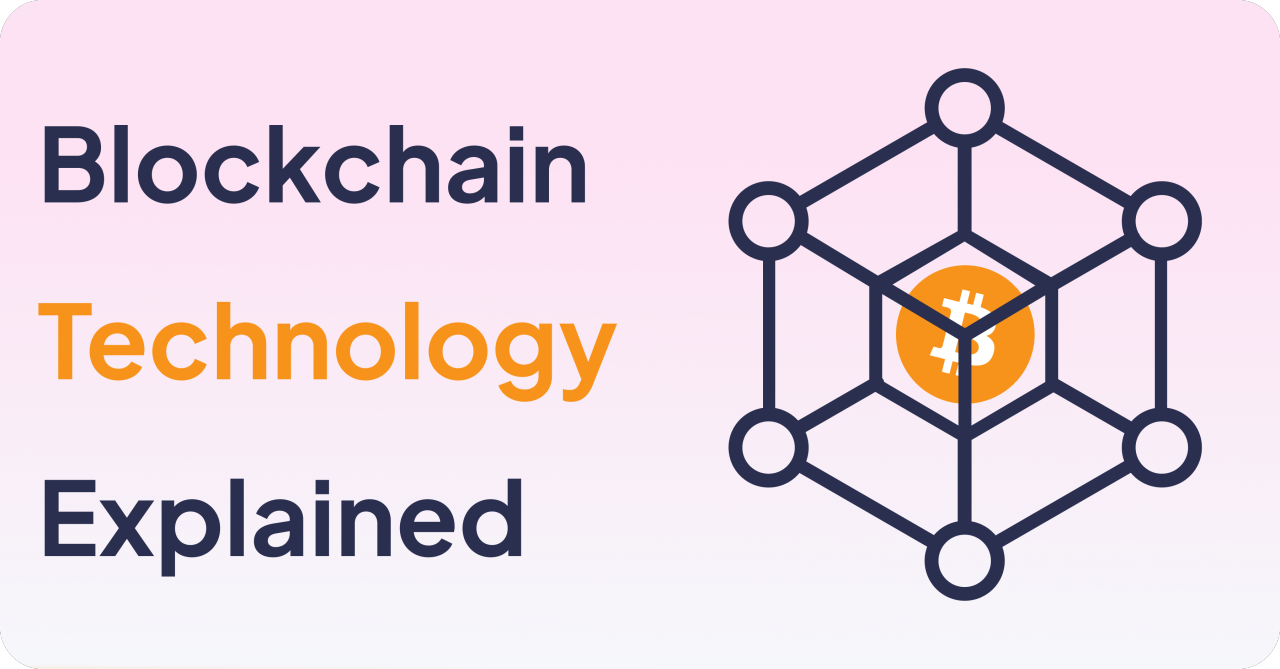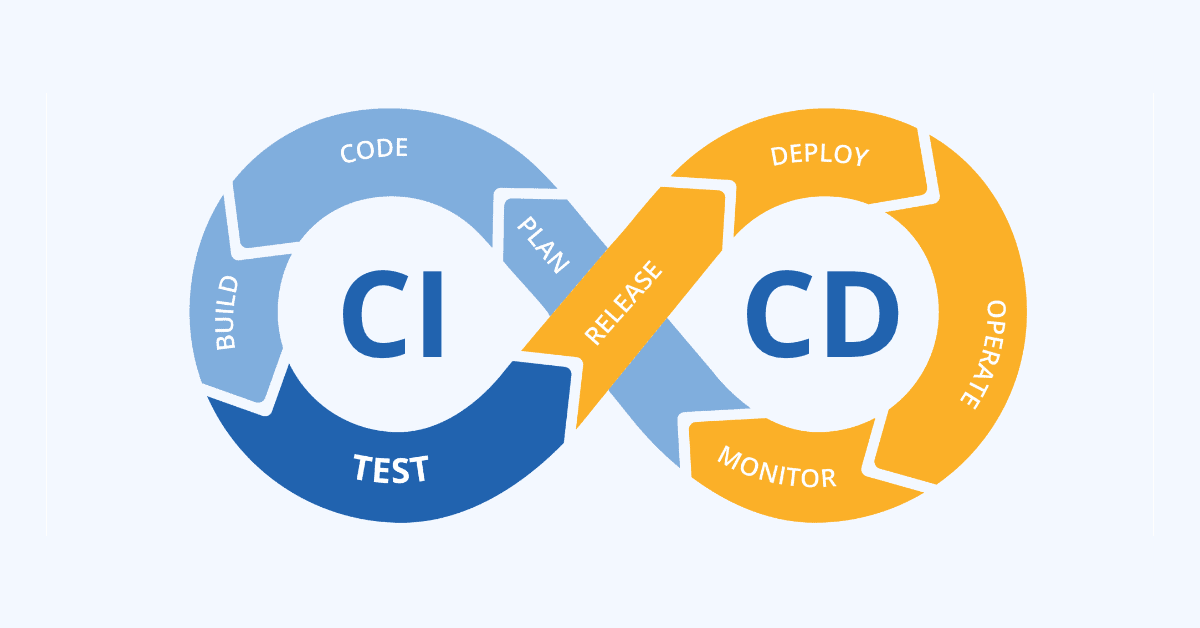As the work landscape continues to evolve, the decision between pursuing freelancing and securing a full-time job has become increasingly complex. With shifts in technology, economy, and worker preferences influencing the future of work, professionals today face a crossroads. This blog delves into the key aspects of freelancing versus full-time employment, offering insights to help you navigate your career path effectively.
The Rise of Freelancing
Flexibility and Autonomy:
The allure of freelancing primarily stems from the unparalleled flexibility and autonomy it offers. In a traditional full-time job, employees often find themselves bound by fixed schedules, rigid corporate structures, and a predefined scope of work. In contrast, freelancing empowers individuals to tailor their work lives according to their personal preferences, needs, and life goals.
Technological Advancements:
Technology has been a critical enabler in the rise of freelancing. The advent of high-speed internet, cloud-based platforms, and collaborative tools has dissolved the physical boundaries of the office. Remote work, once a rarity, has become a viable and increasingly preferred mode of operation for many businesses and individuals.
These technological advancements have made it possible for freelancers to connect with clients worldwide, collaborate on projects, and deliver work seamlessly, irrespective of geographical distances. Platforms dedicated to freelancing have simplified the process of finding work, managing projects, and receiving payment, making freelancing more accessible and attractive to a broader audience.
Moreover, technology has facilitated the creation of a digital nomad culture, where individuals can travel and work simultaneously, further enhancing the appeal of freelancing for those seeking a non-traditional work environment.
Economic Impact:
Freelancers contribute significantly to the economy, not just in terms of the services they provide, but also by fostering innovation and entrepreneurship. As independent contractors, freelancers embody the spirit of entrepreneurship, often working with multiple clients on a variety of projects that demand creativity, adaptability, and continuous learning.
The economic impact of freelancers is profound and growing. According to several studies, the freelance sector is expanding at a rapid pace, contributing billions to national economies annually. This growth is not just in creative fields but spans technology, marketing, consulting, and other sectors where freelance talent is in high demand.
Furthermore, the flexibility of freelancing can lead to increased productivity and job satisfaction, which in turn benefits the broader economy through higher-quality outputs and innovations. The rise of freelancing also encourages a more dynamic labor market, where skills and services can be matched more efficiently with the needs of businesses.
Freelancing vs. Employee
|
Feature |
Freelancing |
Full-Time Job |
|
Income Stability |
Often fluctuates based on client demand and project availability. |
Generally stable, with regular paychecks. |
|
Flexibility |
High flexibility in choosing projects, setting schedules, and determining work location. |
Limited by job roles, office hours, and company policies. |
|
Benefits |
Typically lacks employer-provided health insurance, retirement plans, and paid leave. |
Often includes comprehensive benefits such as health insurance, retirement plans, and paid time off. |
|
Career Growth |
Depends on the freelancer's initiative to seek out projects, learn new skills, and network. Can be less structured but offers diverse opportunities. |
More structured with clear paths for promotion and professional development within the organization. |
|
Work-Life Balance |
More control over work-life balance, but can be challenging to maintain boundaries between work and personal life. |
Structured work hours can contribute to a clearer separation between work and personal time, but may be less flexible. |
|
Job Security |
Less predictable, with potential for high variance in workload and income. |
Typically more secure, with legal protections against unjust termination and a steady workload. |
|
Networking and Community |
Requires more effort to build and maintain professional networks and find community support. |
Built-in networking opportunities through colleagues, company events, and industry connections. |
|
Administrative Responsibilities |
Must manage their own invoicing, taxes, and insurance, which can be time-consuming. |
Administrative tasks like taxes and benefits management are typically handled by the employer. |
This table provides a general overview of key differences between freelancing and full-time employment based on common features or considerations. It's important to note that individual experiences may vary, and the lines between these categories are increasingly blurring with the rise of hybrid work models and changes in the workforce.
The Appeal of Full-Time Employment
Stability and Security:
One of the most compelling draws of full-time employment is the stability and security it provides. Unlike the fluctuating income associated with freelancing, a full-time job offers a steady paycheck, which makes financial planning and securing loans or mortgages more straightforward. This regularity of income is crucial for individuals prioritizing financial stability, especially those with dependents or significant financial commitments.
Moreover, job security in full-time employment is generally higher compared to freelance work. Employees often benefit from legal protections against unjust termination, alongside redundancy packages or notice periods, which offer additional security and time to plan next steps in the event of job loss.
Career Development:
Full-time employment also offers structured opportunities for career development that can be more challenging to navigate as a freelancer. Many organizations invest in the professional growth of their employees through formal training programs, mentorship, and development plans tailored to individual career aspirations. These opportunities not only enhance an employee's skill set but also pave the way for upward mobility within the organization.
Promotion and progression are often clearer and more predictable in full-time roles, with established criteria and pathways for advancement. This environment fosters a sense of progression and achievement, as employees can aspire to and work towards concrete milestones in their professional journey.
Company Benefits:
Another significant advantage of full-time employment is the access to comprehensive company-provided benefits. These benefits can include health insurance, which often extends to family members, offering peace of mind and protection against health-related financial risks. Retirement plans, such as pensions or 401(k) schemes, are another cornerstone benefit, helping employees prepare for financial security in retirement.
In addition to these, full-time employees might enjoy a variety of other perks and benefits, including paid leave (such as vacation, sick leave, and parental leave), employee assistance programs, and discounts or memberships. These benefits contribute not only to the employee's well-being and financial health but also to their overall job satisfaction and loyalty to the company.
Challenges of Freelancing
Income Uncertainty:
Perhaps the most significant challenge faced by freelancers is the unpredictability of their income. Unlike the steady paycheck that comes with full-time employment, a freelancer's income can fluctuate dramatically from month to month based on client demand, project availability, and market conditions. This inconsistency makes financial planning more complex and can lead to periods of financial strain, especially during slow periods when work is scarce.
The nature of freelancing means that periods of plentiful work can be followed by times of little to no income, requiring freelancers to manage their finances carefully and often save during the boom times to cover the lean periods. This cycle of feast or famine can be stressful and is a stark contrast to the financial stability offered by a regular salary.
Benefits and Protections:
Another significant drawback of freelancing is the lack of employer-provided benefits and protections. Traditional employment roles often come with a suite of benefits, including health insurance, retirement savings plans, paid leave, and more. Freelancers, on the other hand, must arrange and fund these necessities on their own, which can be costly and time-consuming.
The absence of employer-provided health insurance is particularly problematic in countries where healthcare is expensive. Freelancers must either pay out of pocket for medical expenses, secure their own health insurance (often at higher rates), or go without, risking significant financial impact in the event of a medical emergency.
Isolation and Work Overload:
Freelancing can also lead to feelings of isolation, as freelancers typically work alone and may miss the social interactions and sense of community that come with traditional office environments. This isolation can affect mental health and decrease job satisfaction over time.
Additionally, managing workload and client expectations can be challenging, especially when juggling multiple projects or dealing with demanding clients. Without the clear boundaries that come with a 9-to-5 job, freelancers may find themselves working long hours to meet deadlines or accommodate clients in different time zones, leading to work overload and burnout.
The Future Workforce
Hybrid Models:
Hybrid work models represent a promising evolution in the work landscape, blending the flexibility and autonomy of freelancing with the stability and benefits of full-time employment. These models can take various forms, such as employees having the option to take on freelance projects outside their main job, companies hiring freelancers for long-term collaborations, or professionals pursuing part-time roles while also managing freelance work.
This flexibility allows workers to tailor their careers to their personal and professional goals, offering a balance between security and independence. For companies, hybrid models can offer the best of both worlds: the reliability and in-depth knowledge of full-time employees, coupled with the specialized skills and fresh perspectives of freelancers.
Hybrid work models also respond to the growing demand for work-life balance and the desire for work that fits around personal commitments, rather than the other way around. As these models gain popularity, they could redefine what it means to have a career, making the journey more customizable and adaptable to individual needs and life changes.
Skill Development and Adaptability:
In a rapidly changing work environment, continuous learning and adaptability are more important than ever for both freelancers and full-time employees. The pace of technological change means that new skills are constantly in demand, and professionals must be proactive about keeping their skills updated and relevant.
For freelancers, diversifying skills can lead to more opportunities and greater income stability. For full-time employees, continuous learning is key to career progression and staying competitive in the job market. Employers play a crucial role in supporting skill development through training programs, workshops, and courses
Adaptability goes beyond just learning new skills; it's about being open to change, whether that's in response to shifting industry trends, new technologies, or changes in work arrangements. Flexibility and the willingness to evolve can open up new pathways and opportunities within both freelancing and full-time careers.
Policy and Regulation:
As the workforce evolves, so too must the policies and regulations that govern it. There is a growing need for policies that protect freelancers, ensuring they have access to fair work conditions, benefits, and protections similar to those of full-time employees. This includes addressing issues like income stability, health insurance, and retirement savings.
At the same time, regulations should support the flexibility that defines freelancing and hybrid work models. This could mean rethinking how work is classified, making it easier for individuals to navigate between freelancing and full-time employment, or implementing flexible work arrangements that benefit both employees and employers.
Governments and organizations need to collaborate to create a regulatory framework that reflects the changing nature of work. This includes considering the impact of automation and AI, supporting remote and flexible work, and ensuring that workers have the protections and support they need to thrive in the future workforce.
Conclusion
The future of work is undeniably evolving, with freelancing and full-time employment offering distinct paths with their own set of benefits and challenges. As we look towards the future, the choice between freelancing and full-time work should be guided by personal and professional goals, with an understanding of the ongoing changes in the work landscape. Hybrid models may offer a promising solution, blending the best of both worlds to meet the diverse needs of the workforce.
FAQs
1. What are the main differences between freelancing and full-time employment?
Freelancing offers greater flexibility and autonomy but comes with challenges like income uncertainty and a lack of employer-provided benefits. In contrast, full-time employment provides stability, security, and company benefits at the cost of less autonomy.
2. Which offers more flexibility: freelancing or full-time jobs?
Freelancing offers significantly more flexibility in terms of work hours, choice of projects, and work location compared to full-time jobs.
3. How do career growth opportunities differ between freelancing and full-time employment?
Full-time employment often has clearer career progression paths, whereas freelancers must proactively seek out opportunities for growth and development.
4. Can freelancers achieve better work-life balance than full-time employees?
Yes, freelancers can potentially achieve a better work-life balance due to the flexibility in choosing their work hours and projects, though this can vary based on individual workload management.
5.How important is networking for freelancers compared to full-time employees?
Networking is crucial for freelancers to secure new clients and projects, whereas for full-time employees, networking can aid in career development and opportunities within and beyond their current company.
6. What administrative responsibilities do freelancers have that full-time employees do not?
Freelancers handle their administrative tasks, including invoicing, tax filing, and securing their health insurance, unlike full-time employees who often have these tasks managed by their employer.





